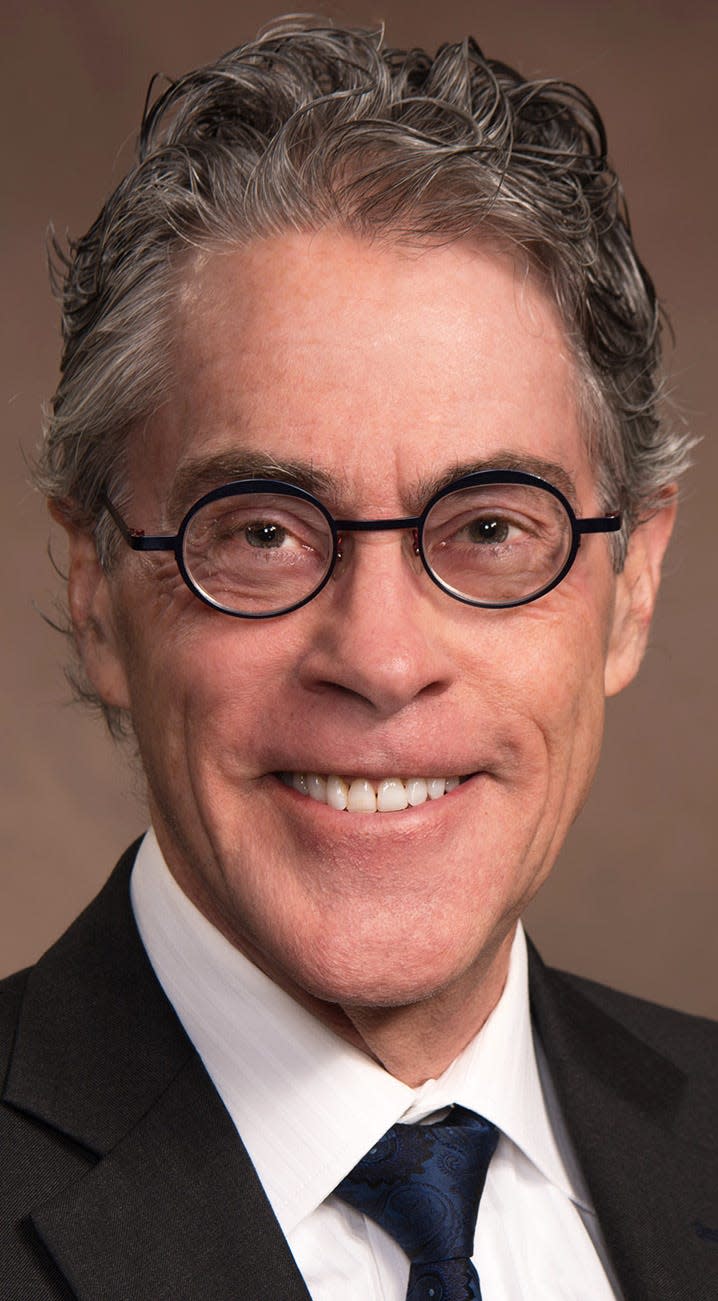Rick Kahler: COVID-19 pandemic fraud about greed, not capitalism

I pay a lot of attention to current events, both domestic and global, consciously choosing to consume a balanced diet of news sources that lean left, right and in the middle. Even with trying to look at issues from both sides and be aware of my own biases, I still often find myself talking back loudly to news commentators.
A recent example of this was my reaction to a cable news story segment on "capitalists" who cashed in on the pandemic and were responsible for the deaths of thousands of Americans.
That got my attention.
One such "capitalist" was Robert Stewart, who the commentator reported received $34.5 million in 2020 from a "no-bid" government contract to supply 6 million N95 masks to the Department of Veterans Affairs. The story is included in a new book, "Pandemic, Inc: Chasing the Capitalists and Thieves Who Got Rich While We Got Sick," by David McSwane, a reporter with ProPublica. Having not yet read the book, I am not criticizing McSwane's research or reporting. I am angry about the way his title associates "capitalists" and "thieves."
Intrigued, I researched this story and discovered that Stewart never collected the $34.5 million because he never delivered any masks. He didn’t even own a mask manufacturing plant. What he did was defraud the Small Business Administration of $805,000 in Paycheck Protection Program loan money, the Economic Injury Disaster Loan program of $261,000 and the VA of $74,000 in medical and educational benefits. None of these facts were reported in the cable news story.
The story was right about one fact: Stewart was a thief. The story had nothing to do with an example of capitalism gone wrong. It is about fraud and corruption — criminal offenses having nothing to do with capitalism. Behind the fraud we find greed.
Greed and corruption are not tied to particular economic models. They are aspects of human nature that have been with us for millennia. Whether people live under a capitalistic, socialistic or communist system — or in a Stone Age tribal group — greed is alive and well. Every human being experiences it in some way and on some level. It has been considered one of the seven deadly sins since the early days of the Christian church.
Selfishness and greed are found in all parts of society. So are generosity and altruism. All these traits appear in some business owners and wealthy people as well as some low-income workers. Human nature, not an economic system, is what lies behind profiteering, cheating and fraud — just as it lies behind giving and helping others.
For this reason, capitalistic countries do not allow an "anything goes" environment, but operate with a level of government regulations such as pure food and drug laws and oversight of financial institutions. If capitalism isn’t working, it's often a result of government trying to over-control the production of goods and services through increased regulations. This takes away one of the necessary components of capitalism, which include freedom and competition.
In Stewart's case, the primary problem was the government, during the urgency of the COVID-19 pandemic, doing an end-run around getting competitive bids from thoroughly vetted suppliers. A true competitive marketplace results in improved goods and services and lower prices.
What capitalism provides, in a way other economic systems do not, is a method of distributing limited resources as efficiently as possible, as the dynamics of the free market and competition drive down prices and improve quality. Capitalism offers more opportunities than other economic systems to lift people out of poverty.
In order to flourish, capitalism requires freedom. In order to thrive in the long term, it also — as any successful business owner or other capitalist could testify — requires virtue and integrity.
Rick Kahler is president and owner of Kahler Financial of Rapid City.
This article originally appeared on Watertown Public Opinion: Capitalism requires competition, freedom, virtue, integrity to succeed

